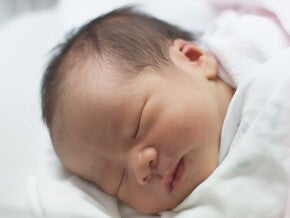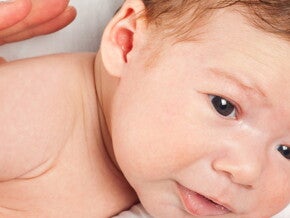
At Two Months
At Two Months
By 2 months, he can lift his head when on his tummy and hold his head up when held at his shoulder.
He starts to vocalise.
- Talk to him and smile often. Eye contact is important. Your baby will respond to your attention.
Related articles
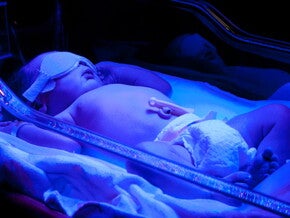
Common concerns in the first days
Physiological jaundice
5 mins to read
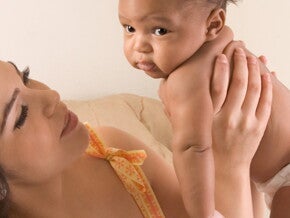
At Three Months
Your baby lifts his head up when lying on his tummy. His hands can grasp a small rattle, and he has started laughing.
5 mins to read
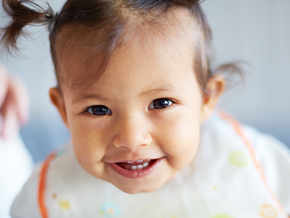
Emotional development in Your Baby
Your baby is discovering their emotions from birth.
3 mins to read
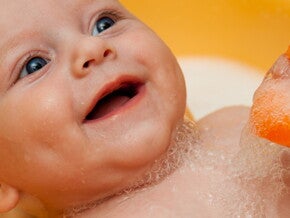
At Four Months
Baby is growing and getting excited about, well, just about everything. Especially playtime and all the things hands can touch. Hands are so fascinating!
5 mins to read

At Five Months
He starts to roll over from his tummy onto his back.
5 mins to read
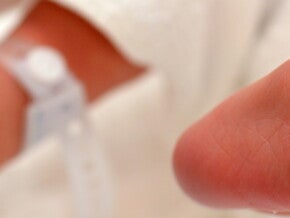
Your baby’s appearance at birth
Many parents are surprised or even alarmed at the sight of their newborn. It is important to understand that the effects of birth are usually temporary and the baby’s looks improve rapidly.
5 mins to read
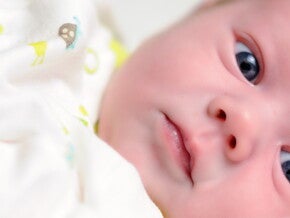
At Six Weeks
Your baby will smile deliberately, especially for his parents. He can hold his head up momentarily, and focus on and follow moving objects.
5 mins to read
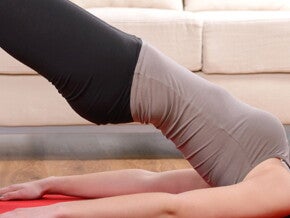
Postnatal exercise progressions
Check your basic progressive exercise programme with your caregiver.
5 mins to read

Baby bottle feeding equipment
you have decided to bottle feed your baby
1 min to read
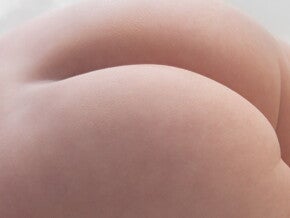
Rashes
A young baby’s skin passes through many phases, from clear to spotty (rash), to peach-like. This may be due to the transition from a protected environment in the womb to the outside world.
5 mins to read

Baby Thrush
Thrush is a fungal infection and can be found in your baby’s mouth, nappy area or under the chin. The fungus lives on the skin and usually causes no harm, but when conditions are favourable,&n
2 mins to read
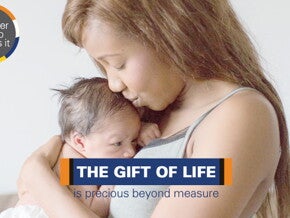
Breastfeeding Videos
A Breastfeeding experience which is enjoyable and beneficial to both mom and b
5 mins to read
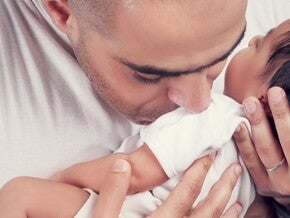
Don’t forget your support system
An action plan for your family and friends.
5 mins to read

Breastfeeding – Foundation of life
Nestlé Start Strong Stay Strong aims to provide support to encourage your breastfeeding journey.
5 mins to read
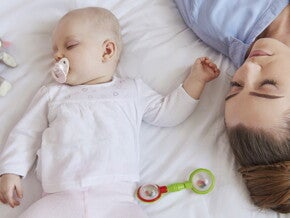
Getting baby to Sleep & fighting fatigue
Getting enough sleep during the first months of your baby’s life means adjusting to your own new sleep habits and those of your baby.
5 mins to read

Foundation of life
Breastmilk is uniquely designed for each individual baby!
5 mins to read
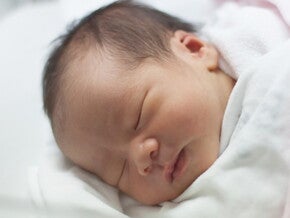
Hospital stay and going home
The average stay in hospital is about three days, if there are no complications.
1 min to read
